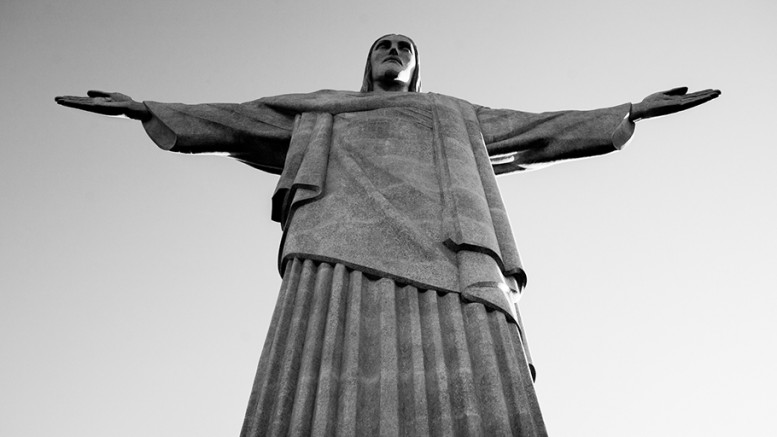Brazil has written a new page of corruption. President Michel Temer was allegedly caught on tape authorizing businessmen to bribe former House Speaker Eduardo Cunha as reported by Brazilian newspaper O Globo. On Thursday, the São Paulo Stock Exchange had its worst performance since the 2008 international economic crisis, however on Friday the Bovespa index rebounded, calming down Brazil’s stock market.
This new political instability could have the potential to derail ensuing recovery. As reported from Citi’s analysts, from the economic point of view this event can be considered “a serious threat for the country’s economic”. They explain:
As we have been stressing for a long period, the plummet on inflation since 4Q16 opened the room for the Brazilian Central Bank to initiate a long/deep monetary easing cycle. Given the lack of other policy instruments (fiscal and credit policies largely unavailable at this point) this monetary stimulus is the cornerstone backing our activity outlook of gradual recovery in 2017/2018.
However, a crucial assumption regarding the adjustment of fiscal accounts was being made in Citi’s experts base case scenario, when incorporated President Temer’s strategy of approving an ambitious social security reform in Congress.
The accusations revealed by O Globo newspaper, if proved true, removes any governability in the Congress coalition, making the approval of social security reform an unlikely outcome in the near/medium term. Therefore, easing the assumption of fiscal consolidation, we should expect a significantly weaker domestic currency, eliminating/reducing the room of interest rate cuts, consequently the virtuous circle scenario currently envisaged for Brazilian economy.
Michel Temer has already said the nation he won’t resign as Brazil’s President. According to his words he never bought the silence of anyone because I had nothing to hide. “I won’t resign because I know what I’ve done,” he concluded.But what will come if Temer were forced to do it? According to Citi if the claims are substantiated, then from a legal perspective, President Temer could be charged for obstructing Justice.
From a political point of view, the apparent evidence severely challenges the sustainability of his government to the point of triggering: one is Temer’s resignation; another, Temer’s impeachment; third, the Superior Electoral Court (TSE); and fourth anticipated direct elections; questioning Temer’s presidential legitimacy.
For now, the Planalto has tried to blockade this first avenue by bouncing the accusations with a short press release right after the O Globo news broke out.
The second outcome avenue would require a very lengthy process —Rousseff’s impeachment petition was filed on 2 Dec 2015 and she was only formally impeached on 12 May 2016.Moreover, according to the Constitution, should the presidential seat become vacant in the final two years of the original presidential term, both options would require Speaker Rodrigo Maia to call indirect elections.
Regarding the third possibility, the STF is already deliberating on Temer’s legitimacy on a separate trial, to be held on 6 June, in order to rule if Rousseff and Temer should be punished for using slush funds to finance the running ticket of their presidential campaign in 2014 (until yesterday the media had been reporting Temer would survive the ordeal with a likely majority favorable vote from the panel of seven judges). If the political establishment realizes this trial could restore governability then this should prove the quickest way out .
Hence, the fourth and last avenue is also time -consuming as it requires a constitutional amendment to be flash -voted in Congress authorizing new elections a serious threat for our outlook of Brazilian economy bringing back to the virtuous circle.





